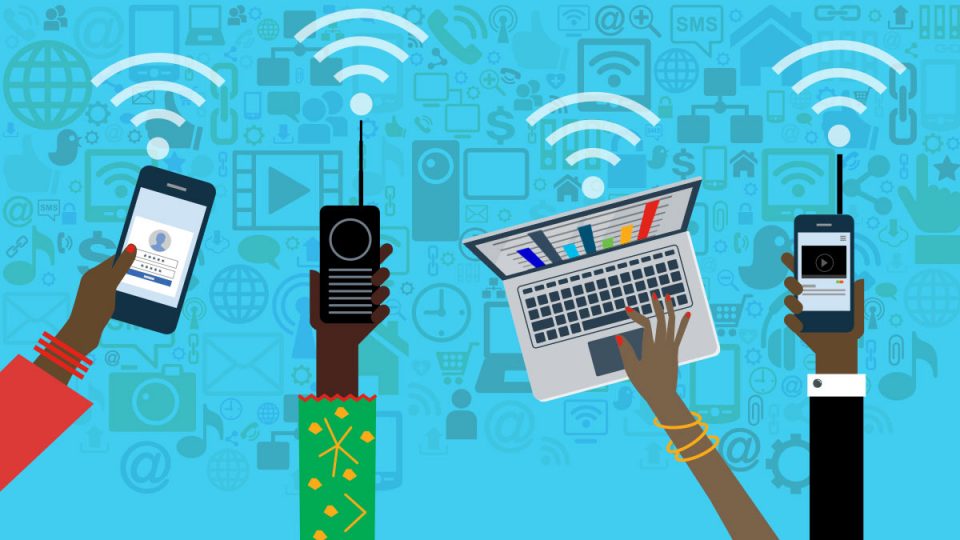Since its inception at CERN in Switzerland when research by British computer scientist Tim Berners-Lee in 1989-90 resulted in the World Wide Web when he linked hypertext documents into an information system, accessible from any node on the network, Internet has come a long way.
Today the World Wide Web has engulfed us in its durable mesh in more ways than one. It has evolved so much that we cannot imagine a day without it. We are online for both professional and personal pursuits accessing everything from emails, social media, e-commerce transactions to entertainment, and so on. But the issue of equal access to all remains a distant dream. The availability or non-availability of the World Wide Web is due to a variety of reasons. Least of them are the issues of network and processing capability or geographical location we are currently in.
This article sheds light on the current state of affairs about the accessibility of Internet to a larger population and the way forward. The need for equitable Internet access was never more as crucial as it is now during the COVID crisis and lockdown therein.
The Current State of Affairs
Restrictions and Censorship:
China has adopted strict censorship measures that ban articles against the Chinese government. It even monitors internet access to prevent protests and control dissidents.
Ethiopia – a country with a small population and with which only a fraction of the population having access to the Internet uses an anti-terror legislation to place severe restrictions on the generation of online content. Disobeying the limit receives a penalty and even conviction.
Citizens in Cuba though having access to 3G network today find it is too costly. Besides, due to censorship of critical content does not help the cause of equitable internet access.
Vietnam has not banned access, but there is still strict monitoring on how information is disseminated. Political controversies and anything deemed anti-ethical by the government is taken down
North Korea’s caseis the worst with the internet access available to a small fraction of the population limited to military personnel and government. Even they can view only 30 odd websites praising the government leader in North Korea.
The Iranian government has, on the other hand, imposed a ban on social media platforms like YouTube, Twitter, Facebook claiming that western influences can be harmful to the citizens and are anti-Islamic.
Access based on Gender
Gender inequality is also one of the many reasons that exclude women from accessing the Internet. In some of the less developed countries like Africa that is estimated to provide internet access only to one in four persons, women are not able to access web accounts for about 52% of the population.
Absence of proper infrastructure
Thisis another major problem in most of the underdeveloped countries. Some level of Internet connectivity exists, but the absence of quality infrastructure has made the matter worse. This has become more evident now in pandemic times when work from home has become a norm, and a good quality internet could be the lifeline for people.
The need of the hour
- Rural expansion
It is essential as another initiative to spread awareness and availability to remote rural locations, to facilitate basis processes such as an online transaction. Even the developed nations comprise of population and households without connections. Most people turn to nearby schools and cafes for free Wi-Fi supply
- Education
Education can be key in underdeveloped countries internet access to poor and to women is not provided on account of age-old biases.
Even before the pandemic struck and drastically altered our lives, the Internet was established as the most prominent means of worldwide connection and communication. Today it is used for not only communication but for education, business and so on. By restricting access to this lifeline, many countries are taking opportunities away from their citizens. The chance to learn, explore, research and improve their lives is a right for all.
 Live
Live

